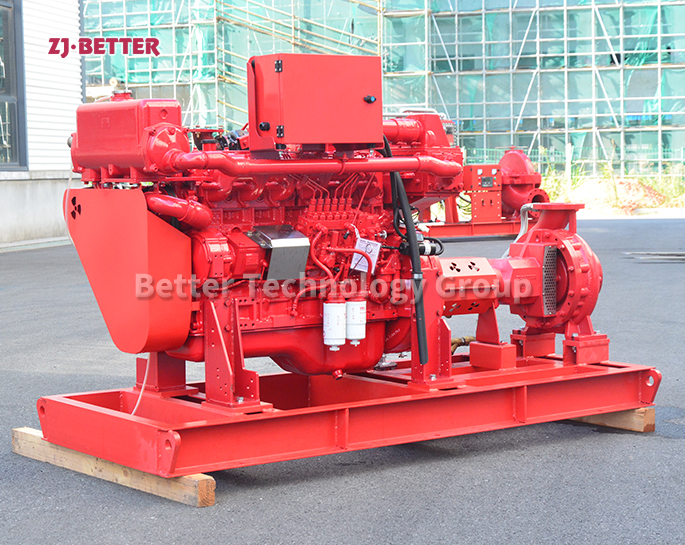Why Fire Pump Systems Must Be Regularly Drained?
Fire pump systems must be regularly drained to ensure they remain in good working condition and are ready to perform in the event of a fire. Here are the main reasons why regular draining is important:

-
Preventing Water Contamination: Water stored in the pump system can become contaminated over time, with dirt, debris, or even microorganisms accumulating. Regular draining ensures the system is free from contaminants that could affect its performance.
-
Avoiding Freezing: In colder climates, water left in the pump system can freeze, leading to blockages, damage to pipes, and failure of the pump system. Draining prevents the risk of freezing and damage to components.
-
Eliminating Sediment Build-up: Over time, sediment can build up in the system. Draining the system regularly allows for the removal of this sediment, which can otherwise clog pipes and strain the pump.
-
Maintaining Pump Performance: Fire pumps rely on clean and reliable water sources for their operation. Draining helps to ensure the system is not operating with stagnant or aged water, which could impact the efficiency and reliability of the pump during an emergency.
-
Corrosion Prevention: Water left standing in the system for long periods can cause rust or corrosion on metal parts of the fire pump, including the pump housing, pipes, and valves. Regular drainage helps prevent this kind of damage.
-
Compliance with Regulations: Many local or national fire safety regulations require periodic maintenance, including draining fire pump systems to ensure they are operational and meet safety standards.
In short, regular draining is essential for fire pump systems to ensure optimal performance, reliability, and compliance with safety standards.

.png)
.png)

.png)


